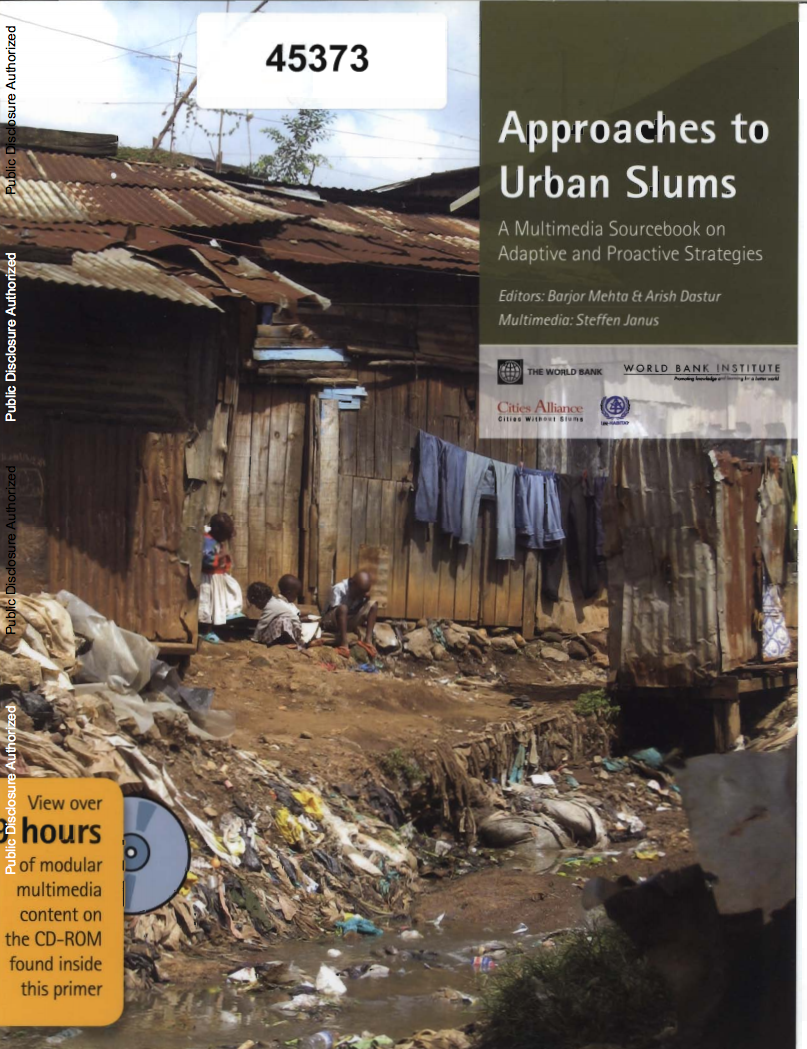China - International Experience in Policy and Regulatory Frameworks for Brownfield Site Management
Recurring environmental incidents have
led to increased public awareness of the threats of
environmental pollution to public health and rapid
urbanization is driving up land prices in Chinese cities. As
a result of these developments, industrial plant relocations
are numerous, particularly of heavily polluting industrial
plants, such as pesticide, coke, steel plants, and chemical
industry plants. These relocations are leaving behind many


